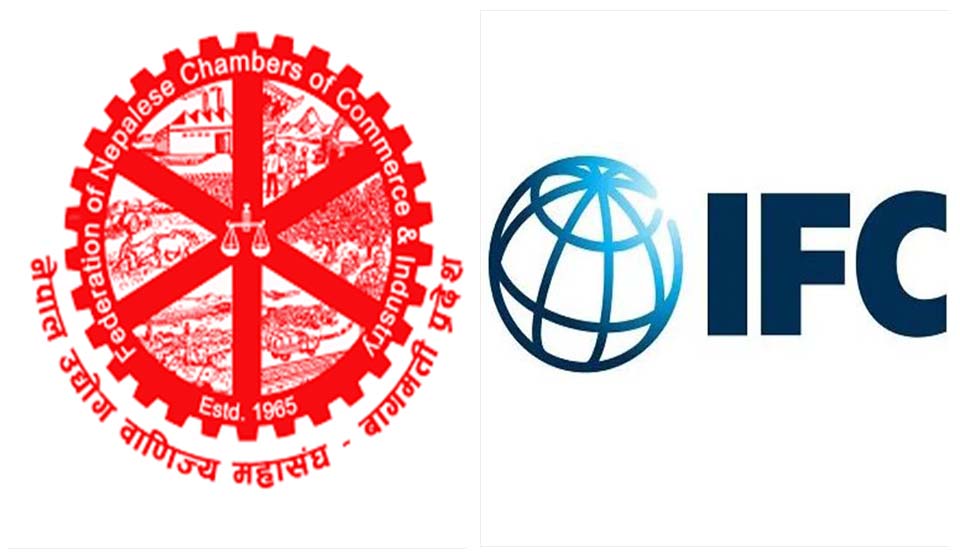KATHMANDU, Nov 10: Experts have said that the goal of achieving socialism in the country will not be possible as long as the state allows health and education sectors as matters of private business.
Addressing a seminar titled “Feasibility of Socialism in Nepal” in the Capital on Saturday, the experts also maintained that it's an irony that the government which has set bringing socialism in the country as its ultimate objective is further promoting private ownership in health and education sectors.
The Red Alert

Pro-socialist health and education expert Dr Saroj Dhital said that the course that the ruling parties take on the issues of health and education should be clear in the first place if they are really committed to moving in the direction of achieving socialism. “Education and health, which are recognized as the fundamental rights in the Constitution, cannot be subjects of business. The course towards socialism should be clear in this issue,” said Dr Dhital.
Also speaking at the seminar organized by the Foundation for Critical Discourse, former Finance Minister Surendra Pandey argued that Nepal has to set its own course of economic agenda analyzing the context of current situation of the country and the world. “Achieving the goal of socialism is not possible unless there is enough capital formation,” he said.
Pandey argued that seven major sectors including management of land, industries, education and health should be the primary agenda to move to that direction. He added that human resource development, provision of health and social security of citizens, good governance, transportation and infrastructure development and reformation and transformation of bureaucracy including police and judiciary are equally important in that regard.
Three separate work papers, namely 'Feasibility of Socialism in Nepal' by Pandey, 'Pro-socialist Health and Education' by Dr Dhital and 'International Agencies and Prospect of Socialism' by lawmaker Deepak Prakash Bhatta were presented in the seminar chaired by social scientist Prof Chaitanya Mishra.
Presenting his paper, Dr Bhatta argued that it is important to focus on analyzing where do the agendas of current international institutions fit in Nepal's journey towards socialism. “We should be able to match the course of digitization in the world, where we fit in the course of digital word should be analyzed in our context,” he said. Prof Mishra argued that it is important to first decide whether socialism is desirable in the current context and that if it is desirable it is important to determine what kind of socialism is suitable for Nepal.






































